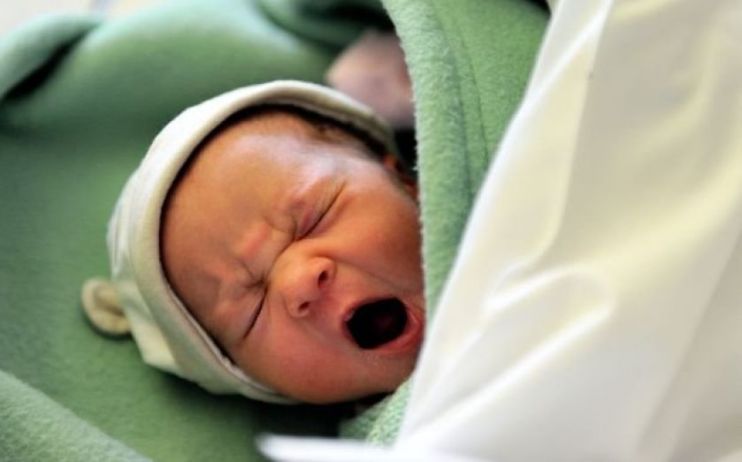UK life expectancy drops and inequality widens as a result of Covid-19

Life expectancy at birth fell by 1.3 years for men and 0.9 years for women in 2020, linked to the excess mortality caused by the pandemic.
While COVID-19 as an event has driven headline reductions in longevity, this over-simplifies; the most pronounced effects are in vulnerable groups where inequality has widened, while broader trend changes will depend far more on little-understood factors like variants, Long Covid and socio-economic impacts on longevity, according to a new report.
The pandemic has cost an estimated 155,000 lives in the UK and more than 4.5m lives globally, and while its impact has been profound, the data from Longevity Science Panel (LSP) suggests that approximately 76 per cent of total Covid deaths were in patients in the top 5 per cent for highest predicted risk.
These risk factors are varied, including everything from heart disease to obesity. By far the most substantial of these is age, with the risk of death increasing about 10% for each year of age, the group said.
Despite these health-based factors being significant, mortality rates from Covid-19 within the UK tend to be higher in deprived areas and vary by region, with the highest rates observed in the North.
Areas with higher rates of deprivation have generally experienced higher rates of mortality, partly because of overcrowded living conditions and poor-quality housing.
This is also due to the fact that workers in lower socioeconomic groups, on lower pay and in more deprived areas, tend to have less control over their working conditions, such as being unable to work remotely.
According to the data, the mortality rate for men in professional occupations, for instance, was 12 in every 100,000, whereas those in ‘elementary occupations’ saw a rate of 40 in every 100,000.
Black and Asian minority groups have had significantly higher likelihood of death from Covid-19, even taking into account deprivation, health and geography.
For example, COVID-19 mortality for people of Black African or Black Caribbean ethnicity in the first half of 2020 was 2 to 2.5 times higher than for people of White ethnicity according to the Office for National Statistics.
Far from over
The pandemic is far from over with uncertainty going forward, such as potential emergence of new variants, Long Covid and how backlog in the NHS might affect population longevity.
Scrutinising the data, Debora Price, Professor of Social Gerontology at the University of Manchester said: “The pandemic has plainly exposed the many structural and systemic inequalities in our societies that people live with from day to day and that have become a matter of life and death.”
She added that health inequalities have worsened, and for women, the pandemic has exacerbated existing inequalities in almost all areas of life, setting the equality agenda back decades.
“If we are to learn anything from this experience, it must surely be that we critically examine the unequal distribution of power and resources from the local to the global, and work out how to create a more equal society through social investment and social protection,” Price concluded.